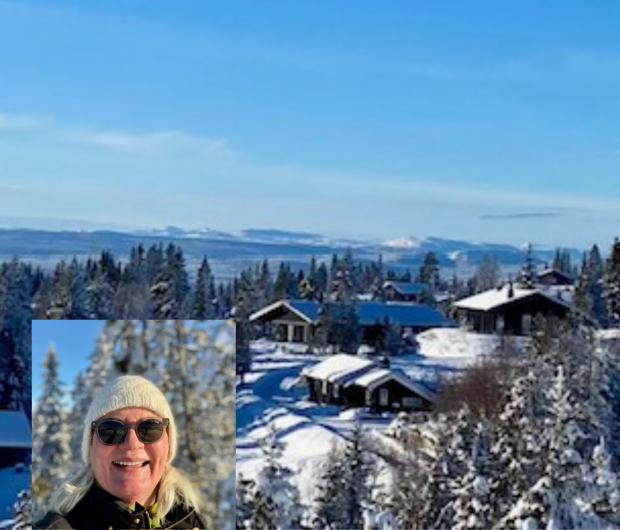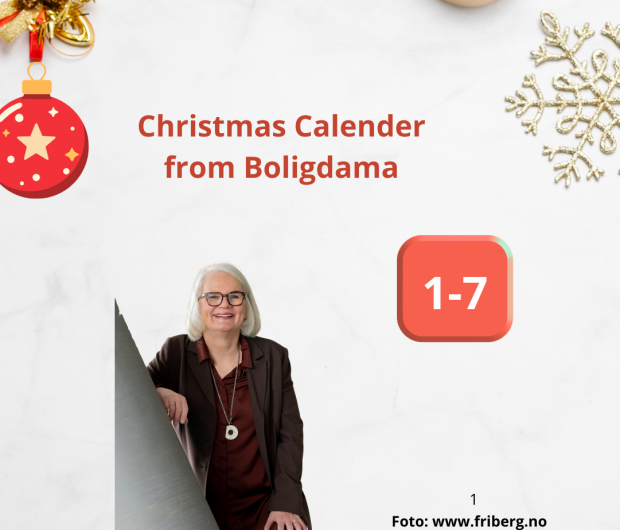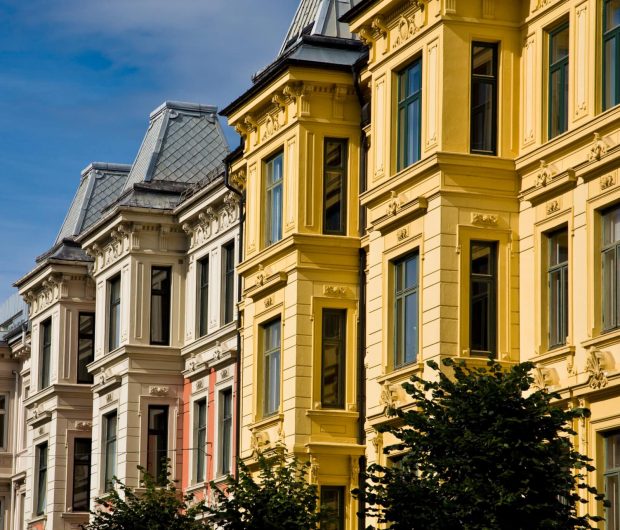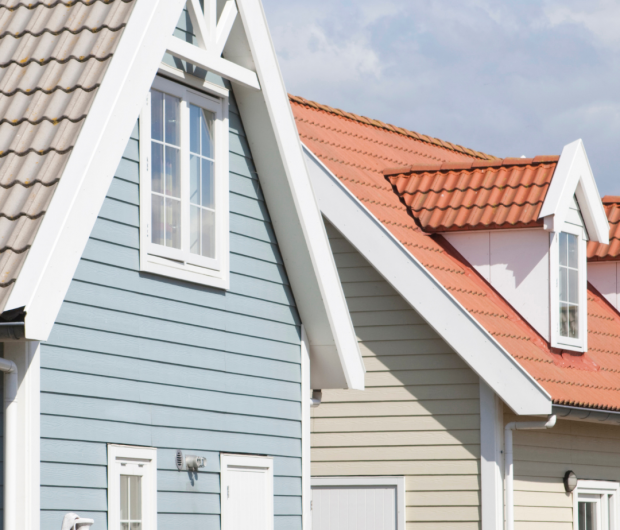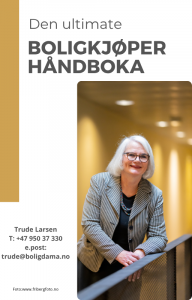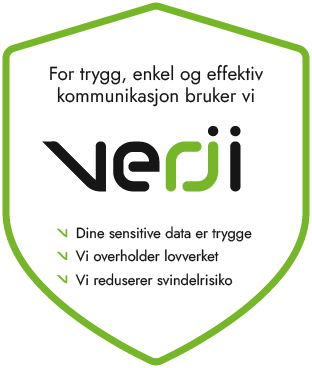Welcome to Week 1 of my Advent Homebuyer Calendar —
here are your first helpful tips!
1. december
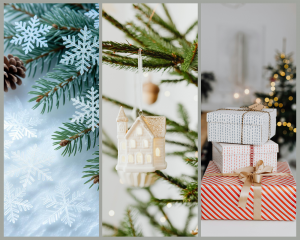
The Homebuyer Stands Alone Against a Professional Party – The Real Estate Agent
Today, I want to remind you of a fundamental fact in the home-buying process:
Real estate agents are, by law, required to act “in accordance with good brokerage practice” and to look after the interests of both parties. And according to the real estate industry itself, they are neutral intermediaries.
Yet there is a reality every buyer should be aware of:
👉 It is the seller who is the client.
👉 It is the seller who pays the agent to achieve the best possible price and terms.
👉 The seller therefore has a professional party supporting them throughout the entire process.
What about the buyer?
Of course, the buyer receives information about the home, the bidding process, and the transaction itself. The agent answers questions and is meant to contribute to a safe process — but:
🔹 Fulfilling the buyer’s duty to investigate
🔹 Assessing what price to pay
🔹 Navigating the bidding round with their own interests in mind
…all of this is the buyer’s own responsibility.
Studies show that the majority of us perceive the real estate agent primarily as the seller’s representative.
My motivation
It was precisely this imbalance between seller and buyer that made me, more than ten years ago, decide to become a buyer’s advisor. Not to create distrust — but to contribute to balance, awareness, and better decision-making in what is, for most people, the biggest purchase of their lives.
Welcome to this year’s Christmas calendar from Boligdama — where each window gives you a small piece of home-buying knowledge.
2. december

The Asking Price Isn’t Always the Market Price
The asking price isn’t just about what the seller hopes to achieve — it can also be influenced by strategy. Some sellers set the bar high because they believe their home is especially valuable. Other times, the agent may have given an optimistic valuation to secure the assignment, leading to a high starting price that later needs to be reduced.
In a slow market, starting too high is rarely wise for the seller, because the property can quickly lose interested buyers.
What does this mean for you as a buyer?
Be reasonably skeptical of the asking price. See it as a starting point — not the truth. Focus instead on determining what the property is actually worth, based on comparable sales, condition, location, and the current market situation.
For my clients, I put a lot of work into exactly this. I use tools and expertise to estimate a realistic market value, so they can purchase at a price that makes sense and feels secure. Often, we end up with a level that both buyer and seller can be happy with.
And if you’re the only bidder — and your analysis shows the home is worth less than the asking price — don’t feel pressured to “match” the number in the listing. It’s the market, and your well-founded assessment, that truly matters.
3. december

The Buyer’s Responsibility in a Home Purchase
When you buy a property, you are expected to understand everything included in the sales documentation. The whole package: the condition report, the seller’s disclosure, the information provided by the agent, and what you observe during the viewing.
This is what the Norwegian Property Transfer Act refers to as the buyer’s duty to investigate. In short, it means that you, as the buyer, must form a clear picture of the property’s strengths and weaknesses — and the potential risks and future costs you may be taking on.
When the seller accepts your offer, the agreement is legally binding and based on the information that has been presented both in writing and verbally. That’s why my advice is simple:
👉 Read EVERYTHING — ALWAYS
There is a lot of information, and parts of it can be difficult to interpret — especially the condition report.
That’s why one of my most important tasks as a buyer’s advisor is to break down the documentation and highlight what truly matters — particularly the issues that may involve risk later.
The marketing materials and the beautiful photos?
The agent handles that perfectly well…
I help you with the rest ❤️
4. december

Keep Your Cards Close in the Bidding Round
In a bidding round, being strategic isn’t just allowed — it’s essential.
In Norway, property bidding follows an auction-style system: Interested buyers bid against each other, the agent manages the process — and the highest bid wins if the seller accepts.
The system appears transparent, but only on the surface. You can see the latest bid, deadlines, and any conditions.
What you can’t see is what the other bidders are thinking, where their limits are, or what strategy they’re using. And that’s exactly where the game begins:
✨ Some raise quickly and aggressively to intimidate.
✨ Others increase by the smallest amount to appear nearly maxed out.
✨ Some stay silent — then strike at the end.
The agent naturally wants the highest possible price for the seller and will often try to gauge how interested you are. You can be polite and professional — but never reveal your budget or strategy. That’s information only you should know. And don’t take the agent’s advice blindly if they encourage you to “just increase a little” to secure the home.
The agent doesn’t know the other bidders’ limits or strategies either!
Bidding rounds are often intense and emotional. When you’re the only bidder, it’s even more important to stay calm and protect your own interests.
I’ve helped hundreds of buyers secure a smart and safe purchase by assisting in the bidding round. It’s exciting every time — and no two bidding processes are ever the same.
5. december

Illegal Modifications and Unapproved Rooms Become the Buyer’s Responsibility
Many homes — especially detached houses and townhouses — contain rooms that look like living rooms, bedrooms, or habitable spaces, but that are not actually approved for permanent occupancy. It might be storage rooms converted into basement living space, or extensions and alterations that were never submitted for approval.
These are often referred to as illegal modifications, because such changes require an application for change of use and approval from the municipality.
In the past, this was often difficult to detect, but now it is more clearly addressed in the condition report — typically under the section on floor plans and legal compliance.
👉 If you find something here, you should pause and investigate further.
When you buy the property, the responsibility becomes yours. You are then essentially faced with three options:
1️⃣ Accept that the room is not legally approved
2️⃣ Apply for change of use (which involves fees and potentially required upgrades)
3️⃣ Acknowledge that the property’s value may be lower, as more and more buyers care about legal compliance
It’s rarely a matter of fines for such issues, but it can affect both usability and market value.
Today’s tip:
Always read the legality section of the condition report carefully — and ask questions if anything is unclear. And be sure to factor this into your bidding strategy.
6. december

There Is No Right of Withdrawal When Buying Property in Norway
In Norway, an offer is legally binding — and once the seller accepts, you have effectively bought the property. Many buyers are surprised by how difficult it actually is to back out if they regret the purchase. By law, the seller and the agent can require you to complete the transaction, pay the purchase price, and take over the home.
Changing your mind can be expensive. In several cases, buyers have been forced to resell the property immediately — carrying all the risk and costs that come with it. Only in cases of serious legal issues, such as withheld or incorrect essential information, can you demand to cancel the purchase.
In many other countries, some form of right of withdrawal exists in real estate transactions — but not in Norway. This creates an efficient housing market, but it also places significant responsibility on the buyer:
Therefore:
Investigate everything and clarify all uncertainties before you submit an offer.
7. december

Don’t Lose Your Head in the Bidding Round
Bidding rounds make most people feel a bit dizzy. It’s rarely a homebuyer’s favorite situation — your pulse rises, thoughts race, and suddenly it becomes all too easy to stretch further than both your plan and your gut feeling would allow.
When I talk about “losing your head,” this is what I mean:
👉 Bidding far above what you had planned
👉 Assuming the market value is higher than it actually is
👉 Letting adrenaline — not judgment — take control
The riskiest situation is when you are bidding against just one other buyer, and the price jumps by hundreds of thousands while neither side wants to back down. That might be justified if the property is truly unique and you know you’ll never find anything like it again — but that’s rare.
So remember:
Your heart can have a voice
But your head must stay in charge all the way ❤️
Enter the bidding round with clear limits — and stick to them, within reason.
Keep following more tips to come until the 24. of december !
